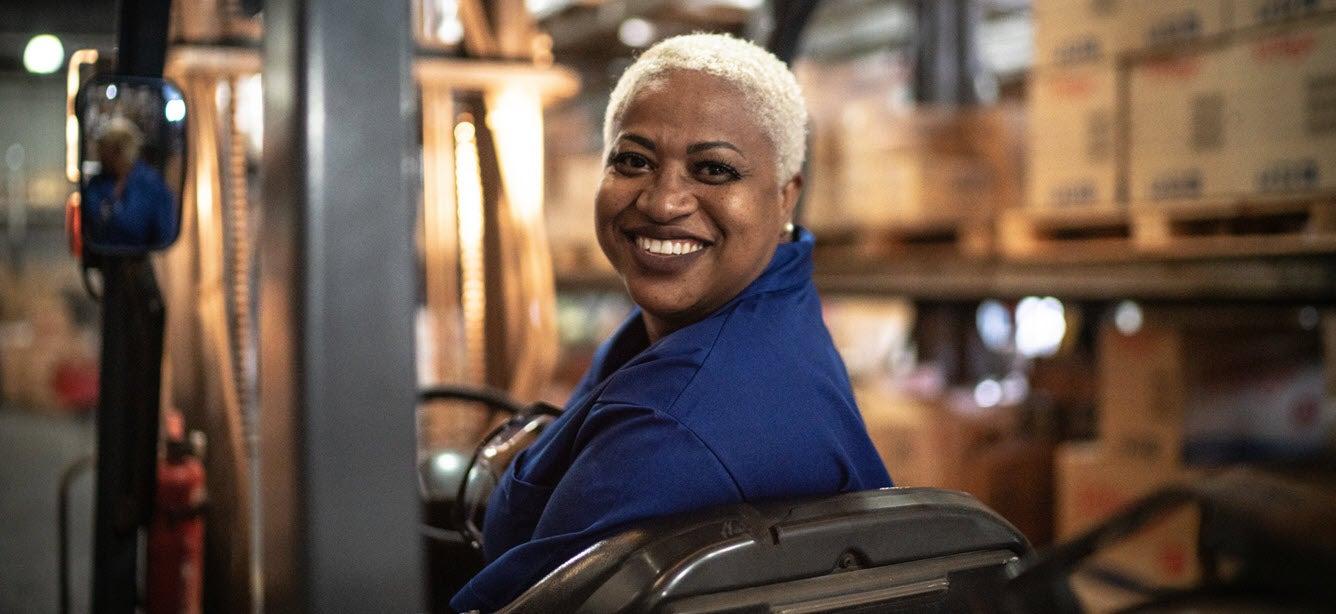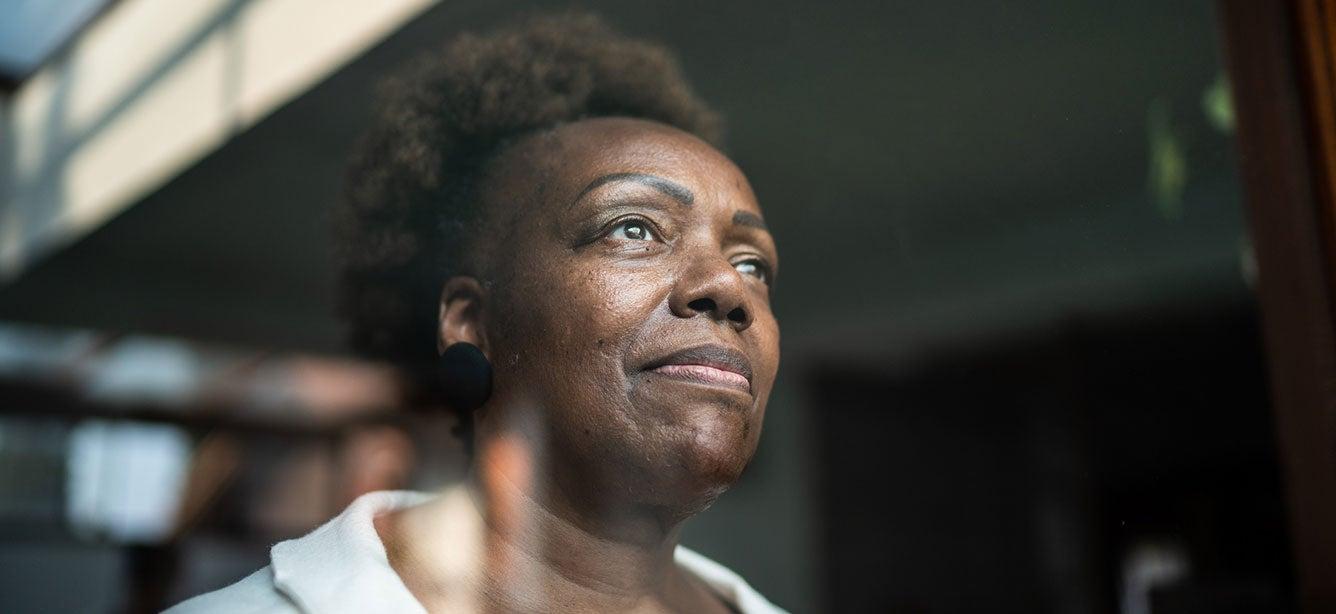
Related Topics
Even before the pandemic, low-income older workers, especially people of color and those living in remote areas, faced the greatest barriers to finding new, quality employment. Since the pandemic, the situation has worsened significantly.
Similar to the Great Recession, older workers lost their jobs in massive numbers, and they have experienced long-term unemployment at greater rates than their younger counterparts.
As of September 2021, 1.3 million adults aged 55+ remained unemployed, and 48.9% of them were long-term unemployed, according to the Bureau of Labor Statistics. The Schwartz Center for Economic Policy Analysis reports that as many as 1.9 million older adults have left the workforce entirely since January 2020.
Research shows that older adults’ health suffers when they struggle with finances, and health care costs increase when they are forced out of the workforce prematurely. Yet, maximizing older worker labor force participation could increase gross domestic product by almost 15%, estimates the Organization for Economic Cooperation and Development.
A bill introduced on October 8 by Rep. Marie Newman (D-IL) aims to address the situation. The Supporting Older Workers Act (H.R. 5531), is the product of several months of dialogue between NCOA and Rep. Newman’s staff, as well as a review of older workers’ experiences with the federal workforce system and recommendations to strengthen federal support for job training and placement.
What's included in the Supporting Older Workers Act?
The legislation would bring high-level, substantive federal attention to the challenges and opportunities of an aging workforce, and incentivize state and local targeting and innovation to meet the needs of older workers. Specifically, it would:
- Encourage local job training and placement efforts focused on older workers. The bill would allow federal funding to be targeted on older workers’ employment services and support specialized centers for older workers at local American Job Centers.
- Fund older worker coordinators. The legislation would create a grant program for state and local workforce boards to hire special coordinators to focus on the employment needs of older workers and coordinate with the Aging Services Network, labor organizations, community colleges, and others to cultivate supportive services for older workers.
- Establish an Older Workers Bureau at the Department of Labor. Similar to the Women’s Bureau, the bill would create an Older Workers Bureau that is designed to provide federal leadership and coordination of strategies to advance employment, economic success, and well-being of older individuals through policy development, research and reporting, and technical assistance.
Several of these proposals were included in NCOA President & CEO Ramsey Alwin's testimony before Congress earlier this year.
Original cosponsors of the Supporting Older Workers Act include:
- Rep. Suzanne Bonamici (D-OR), Chair of the House Education and Labor Subcommittee on Civil Rights and Human Services, who led the 2020 reauthorization of the Older Americans Act (OAA) and continues to advocate for annual OAA appropriations.
- Rep. Don Beyer (D-VA), who has introduced legislation this year to improve the nation’s unemployment insurance system and support apprenticeships.
- Rep. Sylvia Garcia (D-TX), who authored the Protect Older Job Applicants Act, which hopefully will pass the House later this month.
What’s next?
The Supporting Older Workers Act was introduced with an eye toward the pending reauthorization of the Workforce Innovation and Opportunity Act. Some provisions were included in the bill passed by the House in May 2021, but Senate action remains uncertain.
You can help build momentum for the legislation in NCOA’s Action Center, including asking your members of Congress to cosponsor the bill.



